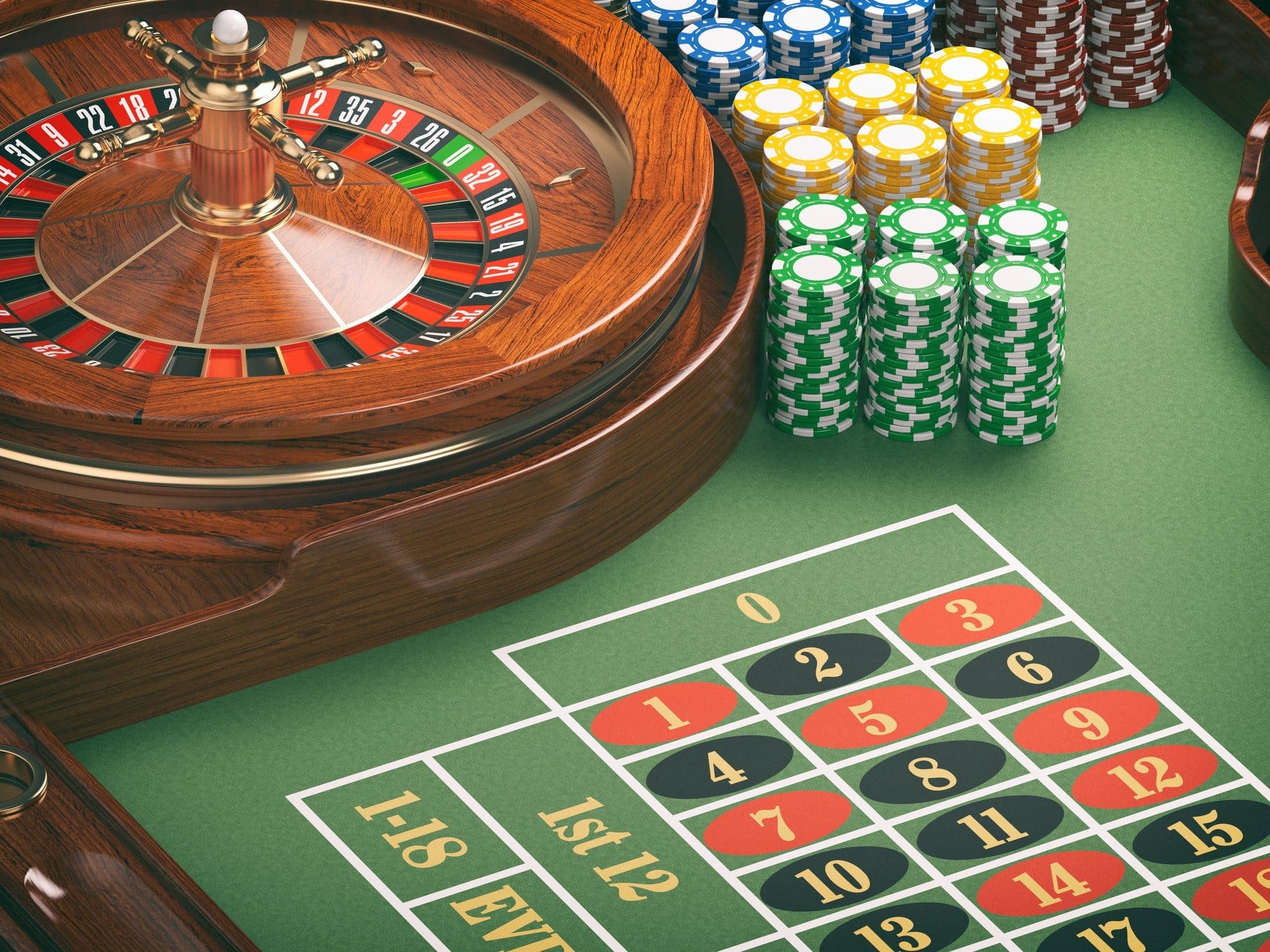
In the world of gambling, in which chance and strategy meet, a unique tapestry of beliefs manifests—one that weaves together luck, fate, and the enigmatic nature of casino games. Casinos, bustling with excitement and anticipation, are not just places for placing bets; they are also arenas in which superstitions thrive. Ranging from the novice player to the seasoned gambler, these mysterious practices often shape how individuals approach the games they play, holding the belief that their actions can influence the outcome in ways that go beyond mere probability.
When players gather around roulette wheels, blackjack tables, and slot machines, the atmosphere is thick with stories of lucky charms, rituals, and codified behavior that defy logic yet provide a sense of comfort. Whether it’s wearing a specific outfit, following a particular sequence of bets, or even avoiding certain numbers, the attachment to various superstitions reflects a deep-rooted desire to manipulate the uncontrollable. This article delves into the captivating world of casino game superstitions, examining the beliefs that both entertain and mystify those who dare to play.
Historical Beginnings of Superstitions
Gambling games have long been connected with an variety of superstitions that go back to primitive civilizations. The roots of these ideas can be linked to humanity’s intrinsic need to influence the unpredictable outcomes associated with fortune and uncertainty. In early civilizations, activities of chance were often tied to religious practices. Gamblers would call upon favor or ask for favor from gods, believing that their actions could influence the outcomes in their favor. This basis laid the groundwork for the myriad of superstitions that proliferated as casino games evolved over time.
During the medieval period, gambling became a common hobby across European nations, and with it, a diverse tapestry of superstitions developed. Participants adopted numerous rituals and charms, believing they could change the consequences of games. The significance of digits, in particular, emerged to appear in superstitions around card games and dice. The number seven was often considered auspicious, while other numbers carried bad connotations. These beliefs mirrored the societal contexts of the time, changing as they transferred through generations and transformed to different gaming environments.
As gaming establishments developed in the seventeenth century, particularly in Italy and the French nation, the atmosphere surrounding gambling became steeped in enigma. The growing accessibility of gambling games allowed for the dissemination and growth of superstitions among players. https://78win.wiki/ Concepts like lucky charms, specific seating arrangements, and rituals gained importance, creating a special culture within casinos. As these traditions continued to thrive, they became essential to the character of casino activities, illustrating how history and tradition shape the belief systems that influence how gamblers connect with fortune.
Popular Casino Superstitions
Superstitions surrounding casino games are plentiful and diverse, mirroring the dreams and anxieties of players as they participate in chance-based games. One of the most common views is that specific digits bring luck or bad luck. For example, the digit 7 is often seen as a lucky number, frequently embraced by players looking for a favorable result. Conversely, the digit 13 is routinely considered cursed, leading many gamblers to steer clear of it during their gaming sessions.
Another common superstition relates to rituals that gamblers believe can influence their odds. It could be blowing on dice before a roll, using a specific gesture to place a bet, or even putting on specific items of clothing, many people feel that these rituals can sway fate in their benefit. 78 win These rituals offer a sense of power in an otherwise random environment, strengthening the idea that luck can be manufactured through individual convictions and customs.
Lastly, the environment and vibe of the gambling house itself contributes to superstition. Many players suggest that the presence of specific icons, such as four-leaf clovers or lucky coins, can enhance their chances of winning. Additionally, gamblers might adhere to the notion that winning streaks can be interrupted by mundane occurrences, such as a person walking past or a accident at the table. The shared environment in a gambling house can amplify these superstitions, creating a shared culture of myths that goes beyond single encounters.
Impact of Superstitions on Players
Beliefs play a important role in the mindset of gamblers, often influencing their behavior and decision-making. Numerous gamblers think that luck can be manipulated through different rituals, such as donning a talisman, selecting specific colors, or steering clear of particular digits. This reliance on superstitions can create a feeling of control in an environment that is inherently unpredictable. Players often feel more confident and engaged when they believe that their actions could sway the result of a game in their advantage.
The influence of these superstitions extends past individual players, affecting the general atmosphere within the casino. For instance, a player who believes in the luck of a particular slot machine might attract a gathering, as onlookers are intrigued by their apparent luck. This collective belief can heighten excitement and create a dynamic environment, leading to an interesting experience even for those who may not necessarily be superstitious. The excitement around specific games can lead to higher participation and longer playing sessions, supporting the casino’s vibrant social scene.
In some cases, superstitions can lead to negative effects for players. Relying too heavily on rituals can result in poor gambling decisions, as some may overlook basic strategies in favor of unfounded beliefs. Additionally, the pressure to perform rituals may heighten anxiety and tension, detracting from the enjoyment of the experience. Ultimately, while superstitions can enhance the thrill of playing casino games, they can also lead to unwise choices that overshadow the enjoyment and amusement intended in the casino experience.
